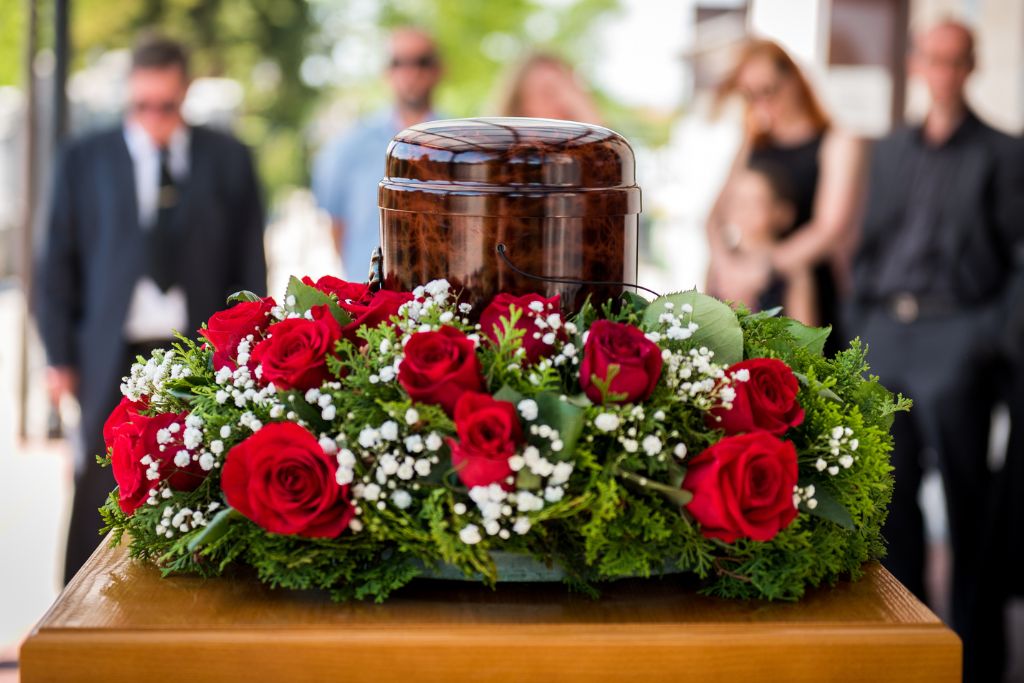- Solicite el permiso al gobernador del condado (starosta) o al alcalde de la ciudad en Polonia donde el fallecido vaya a ser enterrado. El documento se expide en un plazo de tres días y está exento del pago de tasas administrativas.
- Solicite un certificado de defunción en la Oficina del Registro Civil (Urząd Stanu Cywilnego) correspondiente a su lugar de residencia, sobre la base de una notificación escrita del fallecimiento ocurrido en el extranjero y del original del certificado de defunción extranjero (incluida una anotación que confirme que la causa de la muerte no fue una enfermedad infecciosa). Todos los documentos deben ser traducidos por un traductor jurado.
- Envíe la decisión del gobernador del condado o del alcalde de la ciudad (preferiblemente por fax) a la oficina consular polaca correspondiente, situada en el país desde el cual se realizará la repatriación del cuerpo. Sobre esta base, el cónsul polaco expide un certificado para el transporte del cuerpo o de las cenizas, por el cual se cobra una tasa conforme al Arancel Consular.
Además del permiso mencionado del gobernador del condado o del alcalde de la ciudad, deben presentarse los siguientes documentos originales:
Para el transporte del cuerpo:
- Certificado de defunción
- Certificado médico que confirme que la muerte no se debió a una enfermedad infecciosa
- Certificado de la funeraria encargada del transporte que confirme el cumplimiento de las normas de transporte de restos mortales
- En su caso, permiso del forense para la retirada del cuerpo
Para el transporte de las cenizas:
- Certificado de defunción
- Certificado de cremación
- Certificado de la funeraria que confirme que la urna es de metal y contiene únicamente las cenizas del fallecido
La urna debe colocarse en una caja de madera sellada.
El transporte de un cuerpo desde el extranjero implica costes de ferry o avión (consulte con las aerolíneas cuáles permiten el transporte de ataúdes; algunas solo admiten urnas). A la llegada a Polonia, deben organizarse los transportes posteriores. El transporte de cuerpos por ferrocarril, vía aérea o marítima en Polonia requiere un permiso expedido en un plazo de 3 días por el inspector sanitario distrital competente para el lugar desde el cual se traen los restos, previa solicitud escrita de la entidad autorizada responsable del entierro. En el caso del transporte por carretera, el permiso es necesario únicamente si la distancia supera los 60 km. El transporte a tales distancias debe realizarse con vehículos especialmente adaptados para este fin: coches fúnebres. Es aconsejable recurrir a una funeraria contratada, que también organizará la ceremonia funeraria.
Dentro de los 12 meses posteriores al funeral, solicite la prestación funeraria ante la Institución de Seguridad Social (Zakład Ubezpieczeń Społecznych).
Recuerde comprobar si el cónyuge tenía una cuenta en el Fondo de Pensiones Abierto (OFE). Los fondos acumulados allí pueden utilizarse para cubrir los costes de la repatriación y del funeral.













